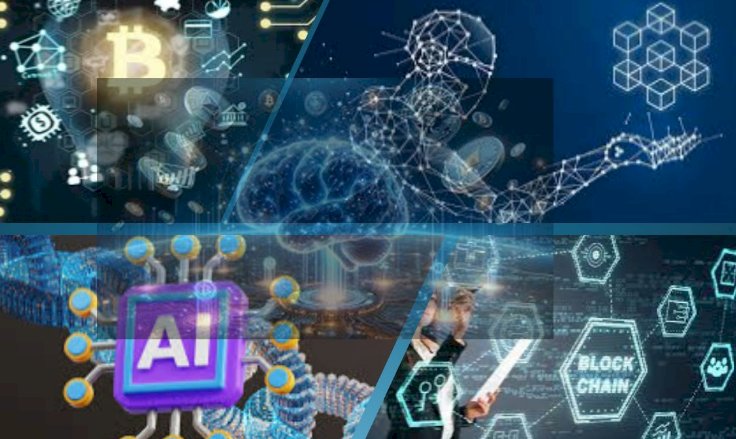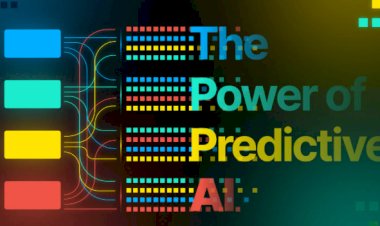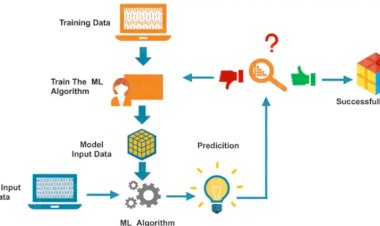The monopolized AI ecosystem might be resolved by blockchain.

The AI industry has always been the “futuristic view” for humans, whether in movies, cartoons, or real life. Computers work, think and act on behalf of futuristic humans – well, except in the Dune movies. In the past half-decade, artificial intelligence has become the hottest topic in the world, second only to the COVID-19 pandemic, with most people fascinated by the industry’s massive growth and the extent they can use it. This growth is expected to continue at a rapid pace into the last years of the decade, with Statista predicting the $184 billion industry will grow to nearly $900 billion by 2030. However, as the industry becomes a crucial part of our lives, which seems inevitable, it will shape how we think, interact with the world, and do the most basic and complex things in the future.
We will be intertwined with it, probably more than we are today with the internet. While still in its infancy stages, most powerful AI systems and models are controlled by mega-corporations such as OpenAI, IBM Watson, Google AI, and Amazon Machine Learning. These Big Tech firms own large data hubs, to train, build, and sell these models to users.
This raises a very pertinent and justifiable fear amongst the common folk. Should we let this massive and dominant technological innovation be controlled by the billionaire de jour? Satoshi was wary of the centralised financial institutions post-2008 global financial crisis and created Bitcoin to solve the centralisation conundrum. In a similar breath, AI needs similar solutions to remove the heavy hand of mega-corporations on what could be the “most important technological advancement in the past few decades”, as Microsoft’s co-founder Bill Gates called it in a blog post in 2023.





















